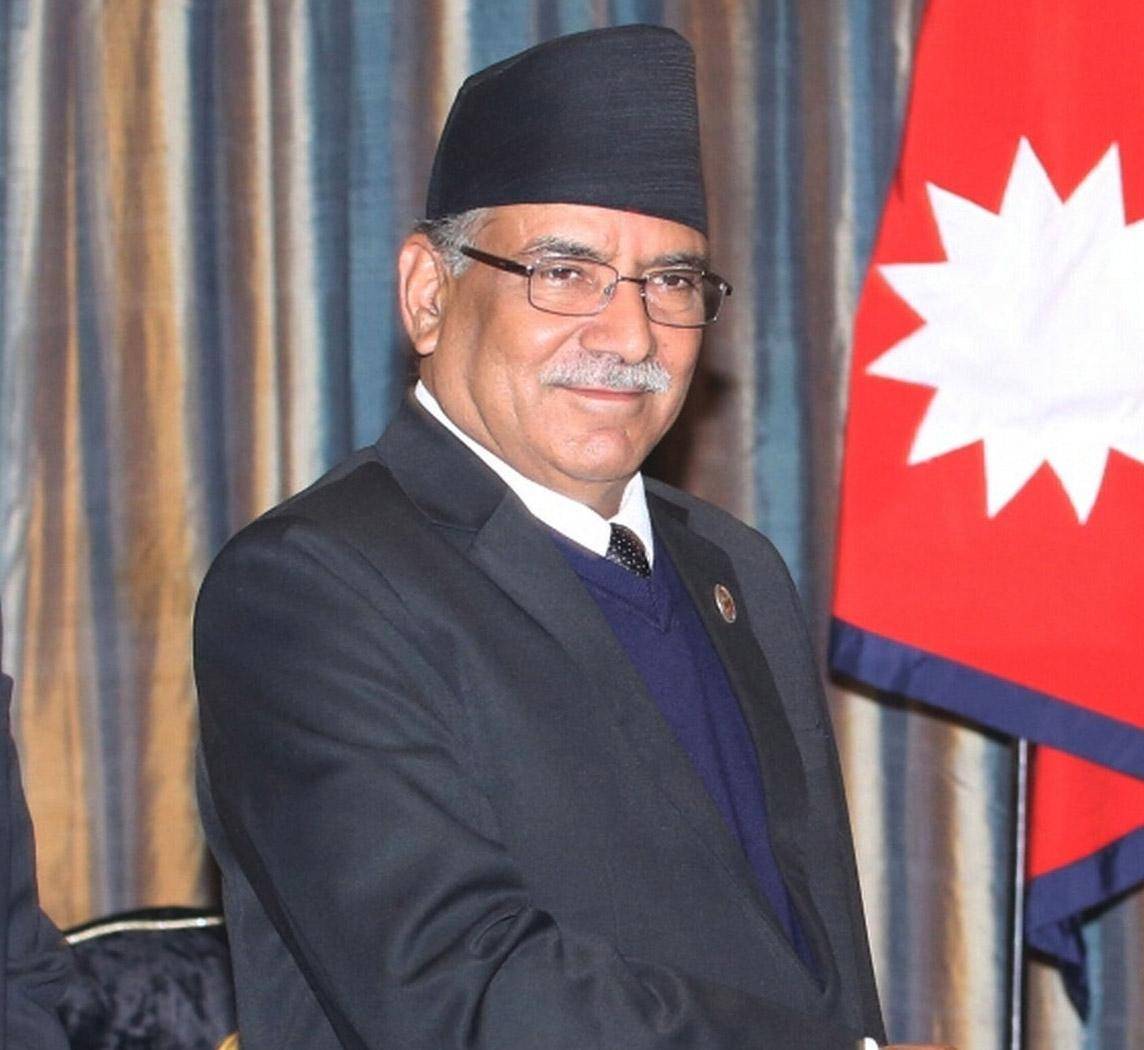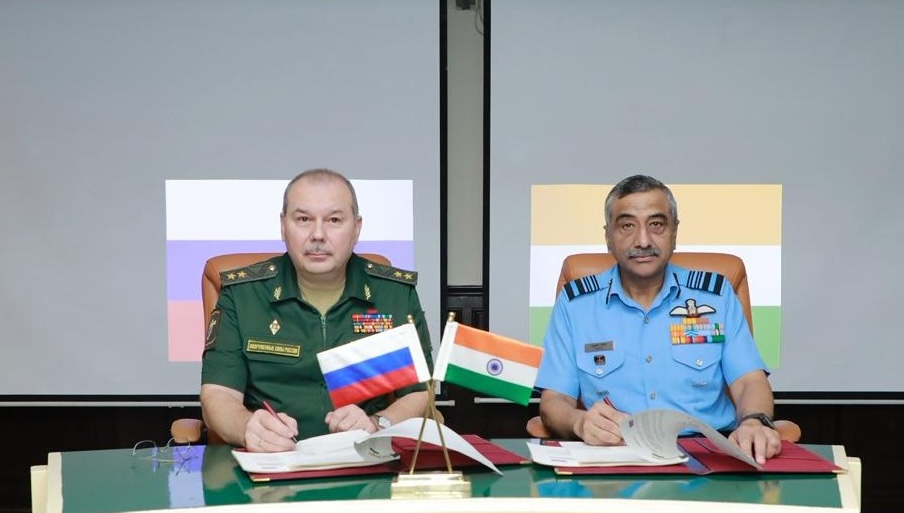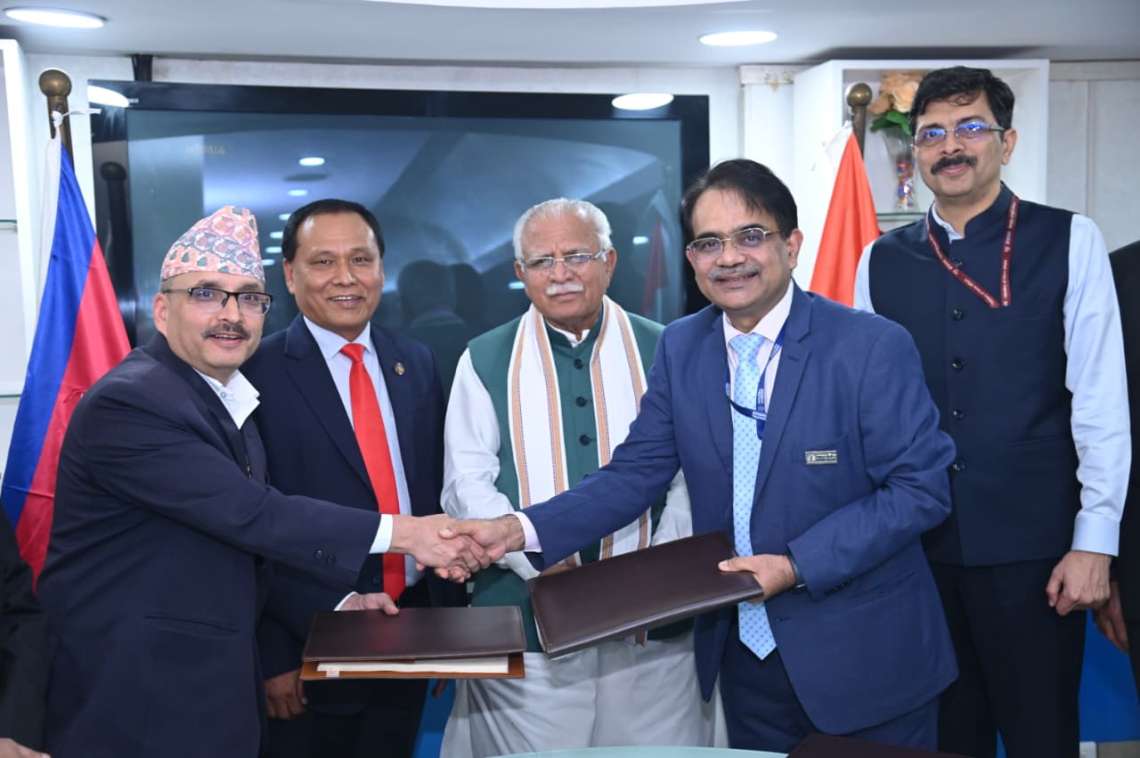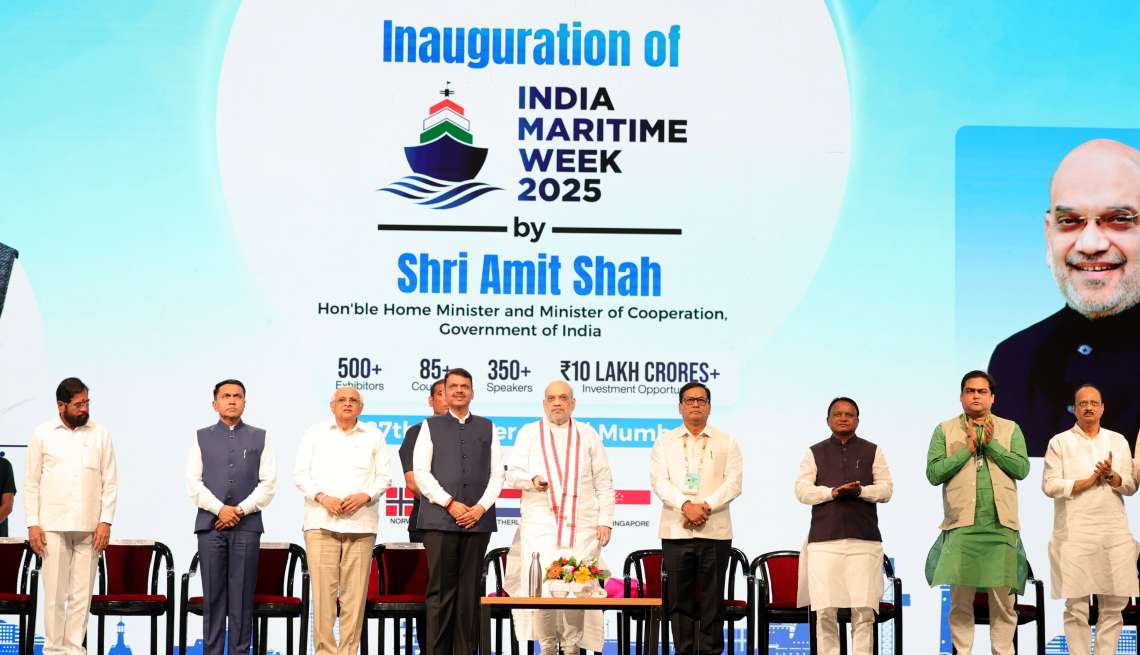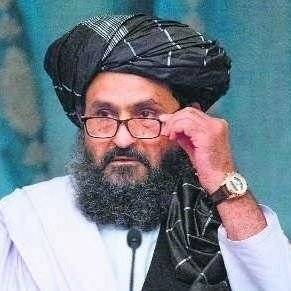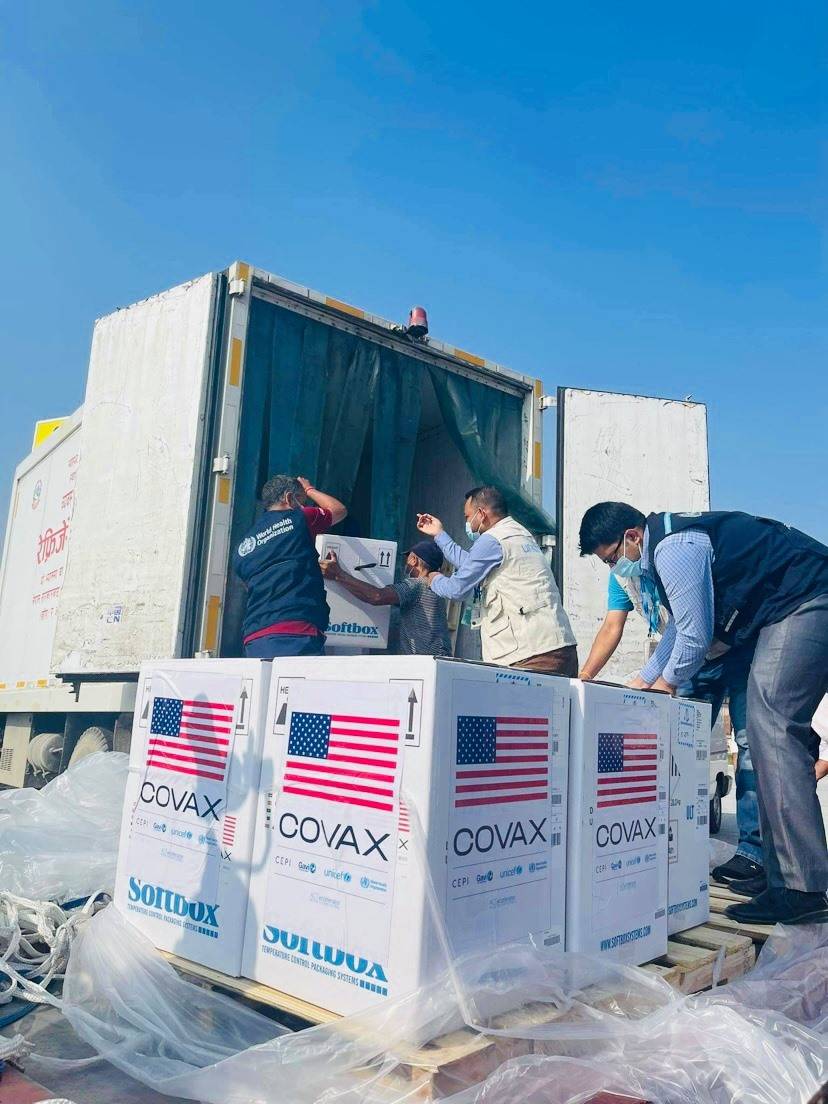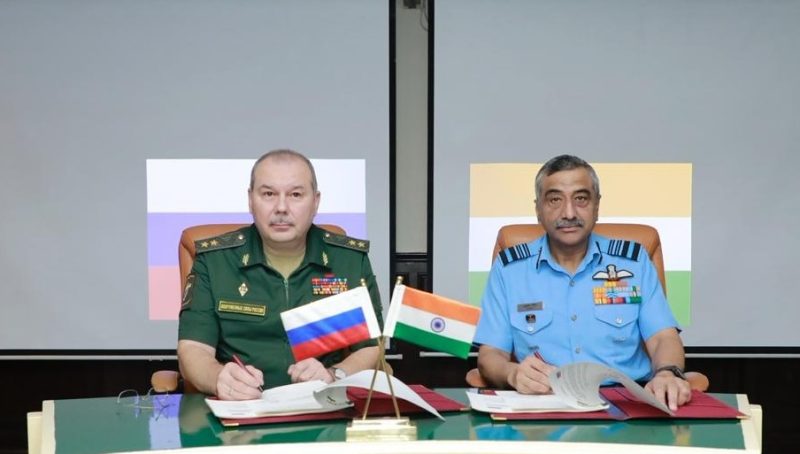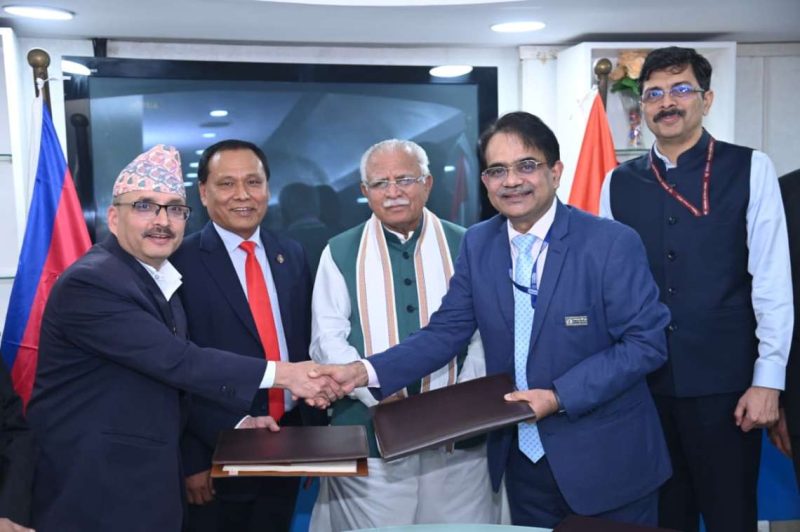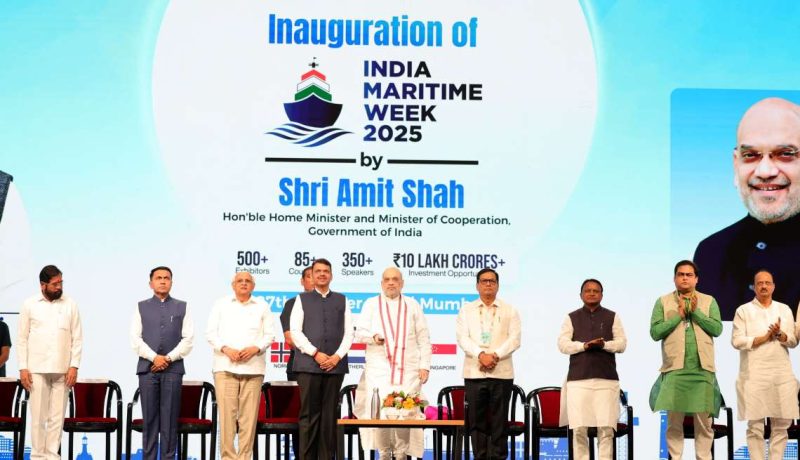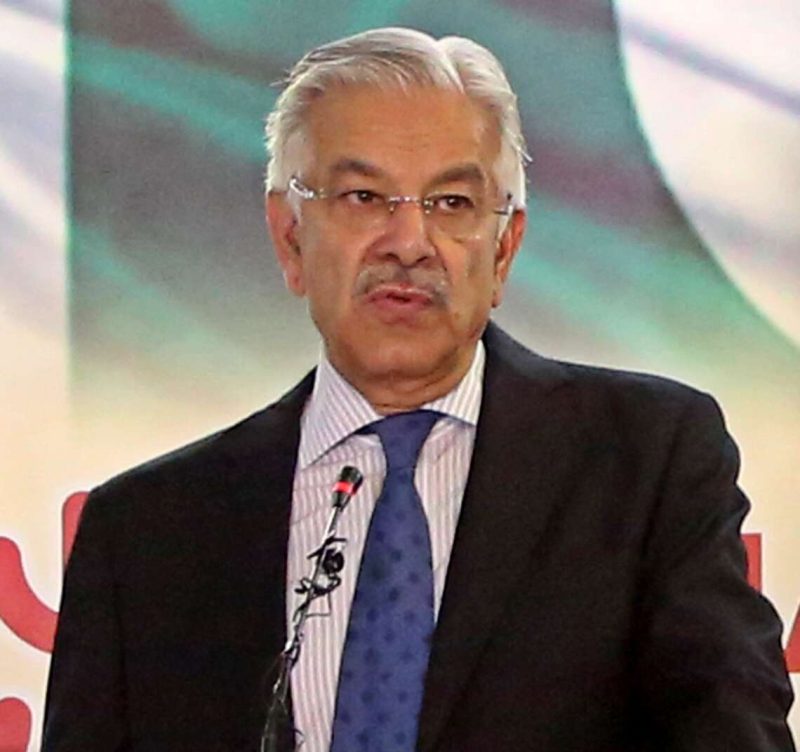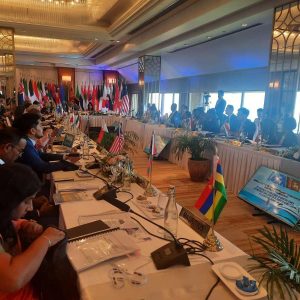Prachanda said that political stability and development in Nepal is possible only by strengthening Nepal-India relations….reports Asian Lite News
CPN-Maoist Centre Chairman and former Prime Minister Pushpa Kamal Dahal ‘Prachanda’ on Monday said that it would not have been possible to restore peace in Nepal if India was not positive.
India’s role was important to initiate the peace process in Nepal, he said.
In his remarks at a book launch function of former Indian Ambassador to Nepal Ranjit Rae, Prachanda said it was not only possible to initiate the peace process by their efforts or efforts made by the political forces of Nepal.
“Without the support of India, the peace process was not possible in Nepal. India’s role is also important. With the support of India, the peace process ensued and peace deal was signed in Nepal,” he said.
Bringing an end to the decade-long “people’s war”, the Nepal Communist Party-Maoist and then Seven Party Alliance in 2005 signed a 12-point agreement in New Delhi, paving the way for Maoists to join mainstream politics.
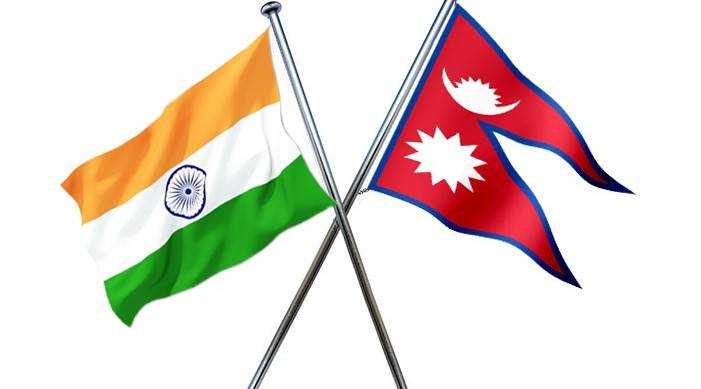
Later, they signed a comprehensive peace agreement in Kathmandu in early 2006 that finally paved the way for the elections to the constituent assembly. The Maoist also laid their arms and armies, joined peaceful politics, and participated in the elections.
Rae and several politicians, ambassadors and experts were in the function where a discussion on Rae’s book “Kathmandu Dilemma” was also held. The book has earned and generated a lot of traction and interest in both Kathmandu and New Delhi.
Prachanda said that political stability and development in Nepal is possible only by strengthening Nepal-India relations.
He that the dimensions of Nepal-India relations were very wide and it would be possible only to develop Nepal by strengthening the ties.
“We all feel that there are many dimensions to Nepal-India relations. Only by strengthening Nepal-India relations can there be an atmosphere of political stability and development in Nepal,” he said.
“However, we have to understand the geopolitical scenario of 21st century, the public aspirations accordingly and address them,” he added.
He said that the Indian side should be happy to remark that Buddha was born in Nepal and the Nepali side should be happy that Buddha attained enlightenment in India.
He said that the problems including the border disputes between Nepal and India could be solved easily if both parties come out with open mindset and accept the interconnections of the two countries.


